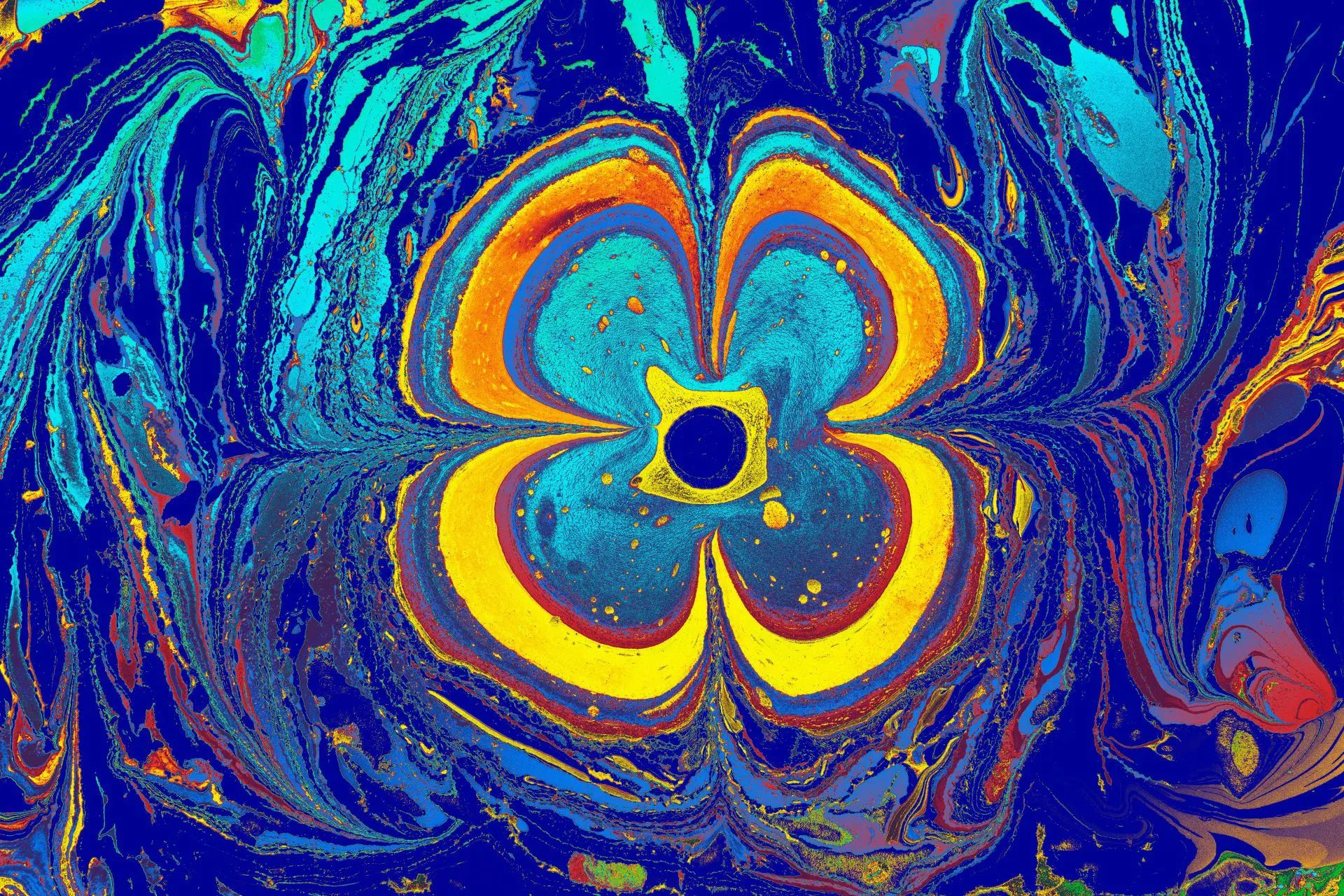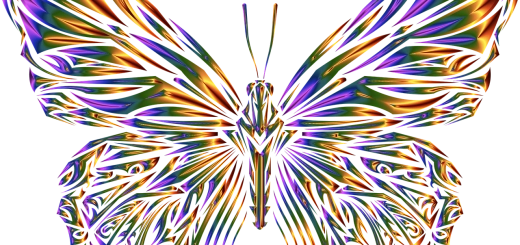Brahman Nature: Eternal and Immutable

Looking for more amazing products? Check out our online store and explore our collection here! Happy shopping!
Before diving in, please note: This post is for informational purposes only. If you’d like to know more about how we approach topics, feel free to check out our friendly Disclaimer Page.
Hey there, amazing readers! 
We’re committed to delivering quality posts, and your support (even just sticking around despite the ads) means everything to us. So, bear with us, and thanks for helping us keep the good vibes rolling. Now, on to the fun stuff!
TRANSLATE BUTTON AT THE END OF THE ARTICLE
A Quick Overview
Brahman, in Hindu philosophy, is considered the ultimate reality or supreme spirit that permeates all existence.
It is described as being eternal, immutable, and beyond the material world.
Understanding the nature of Brahman is essential in grasping the core beliefs of various Hindu philosophical schools, such as Advaita Vedanta and the Upanishads.
This article will delve into the eternal and immutable nature of Brahman, its significance in Hindu philosophy, and how it is realized within oneself.
Understanding Brahman Nature
Brahman is often described as the ultimate reality or absolute truth in Hindu philosophy.
It is considered to be the source and essence of all existence, transcending the physical world and beyond human comprehension.
The nature of Brahman is said to be infinite, formless, and beyond attributes.
It is the underlying force that sustains and unifies the universe.
The Concept of Brahman
The concept of Brahman is deeply rooted in the idea of oneness.
It is believed that Brahman is present in everything and everyone, connecting all living beings and the cosmos.
Brahman is often equated with the idea of the cosmic consciousness or universal soul.
It is the underlying reality that gives rise to the diversity and multiplicity in the world.
Eternal Nature of Brahman
One of the key attributes of Brahman is its eternal nature.
Brahman is believed to be beyond time and space, existing before the creation of the universe and continuing to exist even after its dissolution.
It is considered to be the unchanging reality that transcends the cycles of birth and death.
The eternal nature of Brahman is what makes it the ultimate reality that is beyond the impermanence of the material world.
Immutable Attributes of Brahman
In addition to being eternal, Brahman is also described as immutable.
This means that Brahman does not undergo any change or transformation.
It remains constant and unchanging, unaffected by the fluctuations of the material world.
The immutable nature of Brahman is what makes it the foundational principle of reality, providing stability and order to the ever-changing universe.
Brahman in Hindu Philosophy
Brahman plays a central role in Hindu philosophy, influencing various schools of thought and spiritual practices.
The concept of Brahman is explored in-depth in texts such as the Upanishads, Bhagavad Gita, and the Vedas.
Different philosophical traditions offer unique interpretations of Brahman, but they all emphasize its primacy as the ultimate reality.
Brahman as Ultimate Reality
Brahman is often seen as the ultimate reality that underlies and permeates all aspects of existence.
It is the ground of being from which everything arises and subsides.
Recognizing Brahman as the ultimate reality is crucial in understanding the interconnectedness of all things and realizing the true nature of existence.
Brahman vs. Atman
In Hindu philosophy, there is a distinction between Brahman and Atman.
While Brahman represents the universal soul or cosmic consciousness, Atman refers to the individual soul or self.
The relationship between Brahman and Atman is complex, with some schools of thought arguing that they are ultimately one and the same, while others maintain a distinction between the two.
Brahman in Vedic Texts
The concept of Brahman can be traced back to the ancient Vedic texts, particularly the Vedas.
In the Vedic hymns, Brahman is often described as the supreme reality that is worshipped and revered by the ancient sages.
The Vedas lay the foundational ideas of Brahman as the all-pervading, eternal, and unchanging principle that governs the universe.
Brahman in Upanishads
The Upanishads, a collection of philosophical texts that expand upon the teachings of the Vedas, delve deeply into the nature of Brahman.
These texts emphasize the oneness of Brahman and the interconnectedness of all life forms.
The Upanishads provide insights into how one can realize Brahman within oneself through spiritual practices and self-inquiry.
Brahman in Advaita Vedanta
Advaita Vedanta, a prominent school of Hindu philosophy founded by Adi Shankaracharya, places a strong emphasis on the concept of Brahman.
In Advaita Vedanta, Brahman is seen as the ultimate reality that transcends the duality of the material world.
The goal of Advaita Vedanta is to realize one’s identity with Brahman through self-realization and spiritual discipline.
Brahman in Bhagavad Gita
The Bhagavad Gita, a revered scripture in Hinduism, also discusses the concept of Brahman.
In the Gita, Lord Krishna imparts spiritual wisdom to Arjuna, emphasizing the importance of understanding Brahman as the ultimate reality.
The Gita teaches that by recognizing one’s true nature as Brahman, one can attain liberation from the cycle of birth and death.
Realizing Brahman within Oneself
The realization of Brahman within oneself is a central goal in many Hindu spiritual traditions.
Through practices such as meditation, self-inquiry, and devotion, individuals strive to uncover their true nature as Brahman.
This process of self-realization involves transcending the ego and realizing the interconnectedness of all life forms.
By realizing Brahman within oneself, one can attain spiritual enlightenment and liberation from the cycle of samsara.
Conclusion
In conclusion, the eternal and immutable nature of Brahman is a fundamental concept in Hindu philosophy.
Brahman is considered the ultimate reality that underlies and sustains all existence.
Understanding Brahman is essential in realizing the interconnectedness of all life forms and uncovering the true nature of reality.
By delving into the concept of Brahman through ancient texts and spiritual practices, individuals can come to realize their identity with the supreme spirit and attain liberation from the cycle of birth and death.

The Enlightenment Journey is a remarkable collection of writings authored by a distinguished group of experts in the fields of spirituality, new age, and esoteric knowledge.
This anthology features a diverse assembly of well-experienced authors who bring their profound insights and credible perspectives to the forefront.
Each contributor possesses a wealth of knowledge and wisdom, making them authorities in their respective domains.
Together, they offer readers a transformative journey into the realms of spiritual growth, self-discovery, and esoteric enlightenment.
The Enlightenment Journey is a testament to the collective expertise of these luminaries, providing readers with a rich tapestry of ideas and information to illuminate their spiritual path.
Our Diverse Expertise
While our primary focus is on spirituality and esotericism, we are equally passionate about exploring a wide range of other topics and niches 

To ensure we provide the most accurate and valuable insights, we collaborate with trusted experts in their respective domains 
Our blog originally focused on spirituality and metaphysics, but we’ve since expanded to cover a wide range of niches. Don’t worry—we continue to publish a lot of articles on spirituality! Frequently visit our blog to explore our diverse content and stay tuned for more insightful reads.
Hey there, amazing reader! 
Check out our store here and take a peek at some of our featured products below! Thanks for being awesome!










